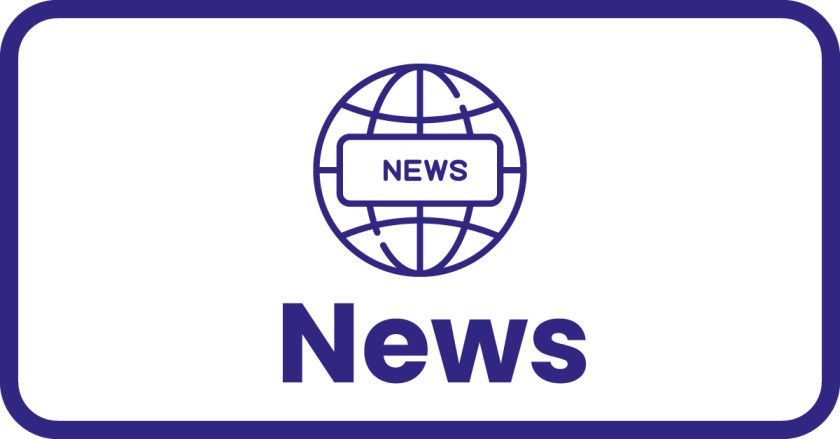Montenegro is set to begin implementing a Reform Agenda under the Growth Plan for the Western Balkans, which will unlock access to €383.5 million in funding aimed at accelerating the nation’s economic convergence. During a press briefing, the Minister of European Affairs, Maida Gorčević, highlighted that this financial package includes €110 million in grants and the remainder in favorable loans, with a significant portion allocated to budget support and infrastructure projects.
Key aspects of the agenda include 32 prioritized reforms across vital sectors: economic growth, rule of law, and quality of life. Initial funding will release 7% of the total, followed by six biannual installments linked to reform progress. The first tranche of €29 million is expected by the end of 2024, contingent on meeting EU-defined milestones.
The Reform Agenda spans multiple areas:
- Private Sector and Competitiveness: Led by the Ministry of Finance, reforms include a unified regulatory framework for state-owned enterprises and enhanced public procurement transparency.
- Employment: The Ministry of Labor is focusing on employment activation programs for social assistance beneficiaries and women.
- Education and Innovation: The Ministry of Education aims to improve infrastructure, career counseling, and vocational training, also aligning with the Smart Specialization Strategy (S3) to drive innovation.
- Social Services: The Ministry of Social Care will implement a unified cash-transfer system for disability and define a minimum package of guaranteed social services.
- Digitalization: The Ministry of Public Administration is advancing digital public services, including the development of a Digital Wallet, while strengthening cybersecurity infrastructure.
- Energy: The Ministry of Energy plans reforms targeting sector sustainability, renewable energy, and efficiency improvements, guided by the National Energy and Climate Plan (NECP).
Future steps involve Montenegro signing and ratifying agreements with the EU to enable the agenda’s full deployment and establishing monitoring mechanisms to oversee reform progress. The initiative is supported by the German government through GIZ’s Regional Cooperation for EU Integration project.

